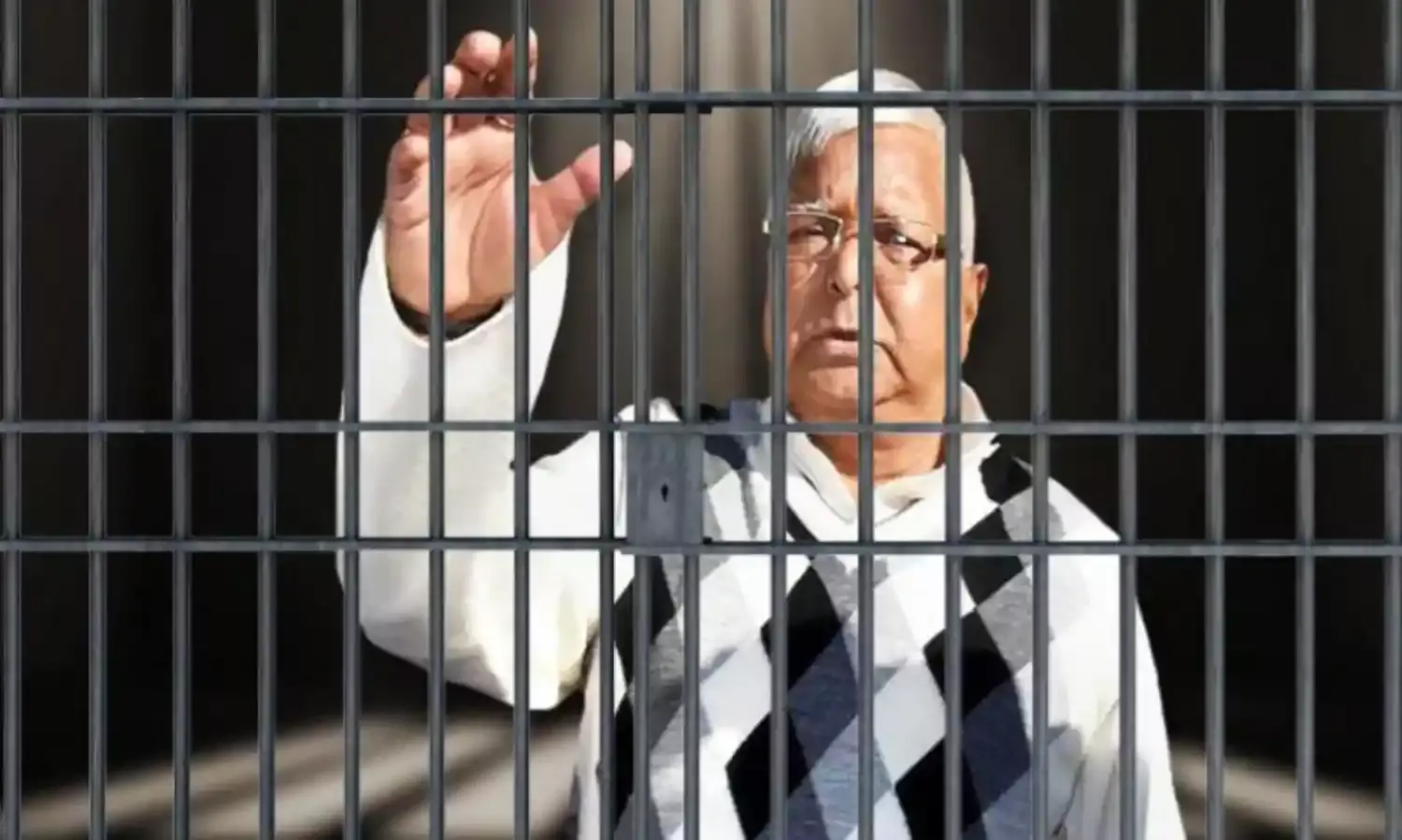Lalu Yadav Might Be Halted, But Laluwad Will Not Be
Premature epitaphs for the Bihar RJD chief

With the arrest of Lalu Yadav, the ruling BJP appears to have scored a major political victory. A key locus of opposition politics stands quashed, and a major ideological adversary removed. Epitaphs for Lalu Yadav have started pouring in, and the gloating among commentators sympathetic to the establishment is barely concealed.
At first glance, there appears much to justify the triumphant view among Yadav’s opponents in Bihar and beyond. Yadav’s arrest and ban from contesting elections may impose a physical restriction on his political movements. They might even result in some leaders of the RJD drifting away to rival parties.
The arrest of their supremo, coming as it does on the heals of the Rashtriya Janata Dal losing power thanks to the antics of Bihar Chief Minister Nitish Kumar in July, could trigger despondency and even discontent among grassroots leaders. Bihar’s Dalitbahujan communities, already gravitating towards the BJP, may finally, in such readings, be bidding adieu to Lalu Yadav and his politics.
But Yadav has defied predictions of his political demise over the last two decades. As such, the political obituaries being penned for him and the RJD are premature.
Moreover, commentators appear to ignore the fact that Lalu Yadav is not about the man or the party but represents an ideology that politicised narratives of social justice, dignity and equality.
The casteist slurs hurled at Yadav by the sessions judge (http://www.dnaindia.com/india/report- open-jail-best-for-these-people-they-have-experience-of-cow-farming-cbi-judge-who-sentenced- lalu-2573360) have not gone unnoticed.
Moreover, that Jagannath Mishra, the Chief Minister under whom the fodder scam was inaugurated, has been acquitted for the same crime, will most certainly be discussed and disseminated by RJD politicians as they head back to their grassroots support base. Indeed, if anything, the circumstances leading to Yadav’s arrest, starting with Bihar’s political realignment in July, will foment unity, not fragmentation, among Dalitbahujans in Bihar. Yadav’s winning formula for the 2015 Vidhan Sabha elections was that politics was a conflict between the ‘Backwards’ and the ‘Forwards’.
The narrative that Yadav’s present predicaments have been caused by the threat he poses to the ‘Forwards’ is steadily gaining ground. Their mutual suspicions notwithstanding, Bihar’s Backward Castes are wary of a return to the caste dominance of the Savarnas that marked society and politics in the State before 1990.
Yadav’s recent open letter (https://www.telegraphindia.com/states/jharkhand/lalu-letter-calls-for-show-to-go-on-199168) to Bihar’s people urges them to resist ‘Manuvadi’ forces, inspiring them to hope for a better future. His son and leader of the opposition in Bihar, Tejaswi Yadav’s messages of solidarity with Dalit activists fighting ‘Manuvadis’ in faraway Bhima-Koregon is a clear indication that the RJD is not about to quietly retreat into the shadows.
Although Muslim support for the RJD should not be taken for granted, there is little reason to expect them to support the rival party JD(U), which appears ever closer to be in the BJP’s embrace. Yadav’s arrest is thus likely to galvanise a ‘Backward’ coalescence that embraces poor and precarious people of all communities, the likes of which the State has not seen since 1990.
‘Laluwad’ as the expression of a Backward coalescence in its fullest sense will outlive Lalu and possibly thrive after him.
Under the circumstances, two outcomes are possible.
One possibility is that the Backward coalescence in Bihar finds institutional resonance within the RJD, ensuring the party’s resurgence ahead of the Lok Sabha elections next year. If the party sustains the ‘Backward versus Forward’ narrative, popularises the demand that the findings of the government-sponsored caste census be made public and frontally takes on the BJP and its
ideological parent the RSS as it did in 2015, the RJD has a fair chance of posing an effective challenge to the BJP’s plans for 2019.
The second outcome is fraught with uncertainty. The RJD may be unable to provide the institutional focus for the rising Backward coalescence: the party might splinter or be preoccupied with internal squabbles. The Backward coalescence will then likely seek alternative vents for their social and political anxieties.
In the absence of an effective institutional outlet, they are likely to spill out onto the streets. Different leaders will most likely rise from their ranks, as illustrated by the popular movements in Gujarat (Hardik Patel) and Uttar Pradesh (Chandrashekhar Azad Ravan), threatening the existing political alignments in the State.
Even if his arrest terminates Yadav’s political career, the narratives of social justice, dignity and equality that Bihar’s Dalitbahujans have come to associate with him are unlikely to fade away.
Lalu may be halted. But Laluwad will not be.
(Indrajit Roy teaches Politics at the University of York)


